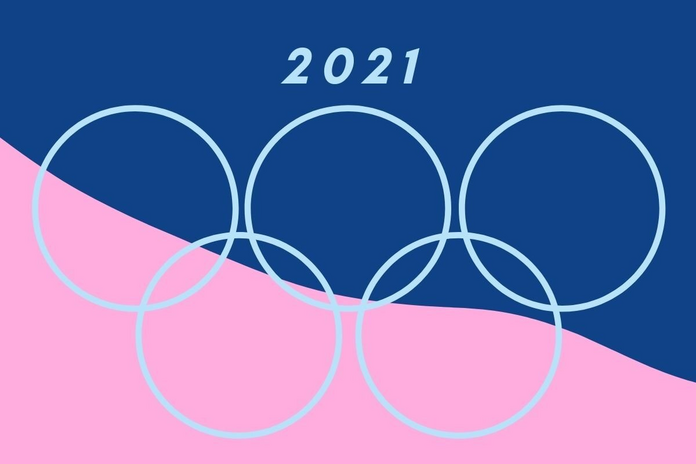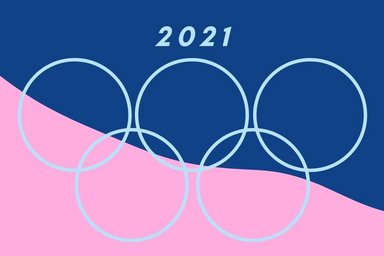Being at the center of the spotlight has never been an easy feat, especially when you are the world’s greatest gymnast and people expect you to act super human at all times. Olympic gymnast, Simone Biles, claimed that she “should have quit way before Tokyo” in a new interview with New York Magazine where she opens up on what she endured mentally after surviving abuse at the hands of Larry Nassar.
Healing and recovering from sexual abuse is already such a deeply painful and intimate process in itself, but having to do this in the public eye while still winning gold medals—it seems that she has really done the impossible. Biles told the magazine, “If you looked at everything I’ve gone through for the past seven years, I should have never made another Olympic team. I should have quit way before Tokyo, when Larry Nassar was in the media for two years. It was too much. But I was not going to let him take something I’ve worked for since I was six-years-old. I wasn’t going to let him take that joy away from me. So I pushed past that for as long as my mind and my body would let me.” Larry Nassar has since been convicted of sexually assaulting over 250 women and girls while he was a “doctor” for the U.S. women’s gymnastics team. Although he might be in prison, nothing could ever be enough to make up for what he took from what these young women.
During the Tokyo Olympics, Biles withdrew from the competition due to her struggling mental health, initially shocking fans. She stated in the magazine that she knew her withdrawal from the competition was inevitable after she developed a case of the “twisties,” which can result in life or death consequences for a gymnast. Biles describes the “twisties” as when a gymnast “literally cannot tell up from down. It’s the craziest feeling ever not having an inch of control over your body.”
She also proceeded to address those who criticized her situation by comparing the “twisties” to a 30-year-old suddenly waking up one and having lost their vision, “One morning, you wake up, you can’t see sh*t, but people tell you to go on and do your daily job as if you still have your eyesight. You’d be lost, wouldn’t you?” she asked. “That’s the only thing I can relate it to. I have been doing gymnastics for 18 years. I woke up—lost it. How am I supposed to go on with my day?”
Although she shocked audiences and endured criticism for her decision to withdraw from the competition, she was later applauded for putting her sanity first and serving as a role model to both survivors and non-survivors alike that mental health should always come first—before school, a job and even the Olympics.
Healing is not linear, and Biles was very candid about her ups-and-downs with her healing process, saying how “there have been highs, there have been lows. Sometimes it’s like, yeah, I’m perfectly OK with it. Like, that’s how it works. That’s how it panned out. And then other times I’ll just start bawling in the house.” Her courage and bravery to speak out on such a sensitive situation is inspiring to young women and survivors of sexual abuse everywhere, and hopefully sparks conversations within the workplace, schools and sports institutions on how to better their responses to people taking time off due to mental health.
Want to see more HCFSU? Be sure to like us on Facebook and follow us on Instagram, Twitter, TikTok, YouTube and Pinterest!



